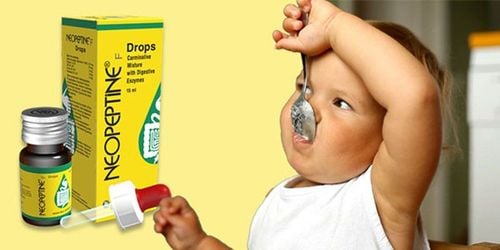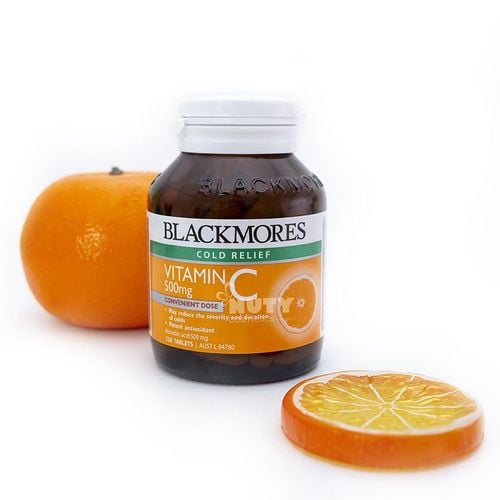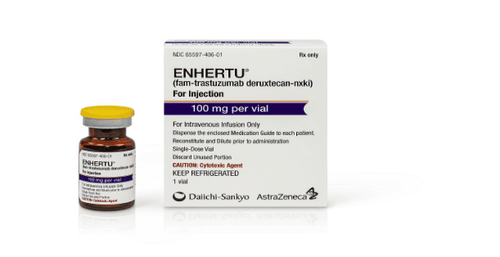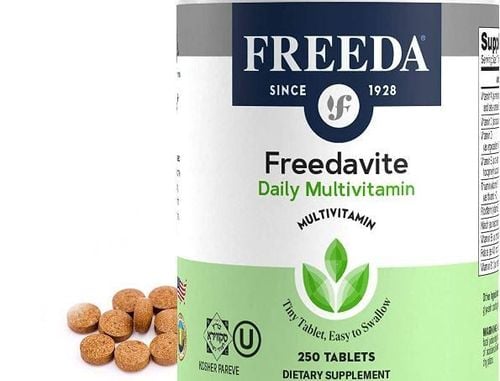This is an automatically translated article.
The immune system keeps records of every bacteria it has ever defeated, in types of white blood cells (B and T lymphocytes) called memory cells. This means it can recognize and kill bacteria quickly if it enters the body again, before it can multiply and make you feel sick.1. What is the immune system?
The immune system protects your child's body from foreign invaders. The immune system is made up of special organs, cells, and chemicals that fight infection (bacteria). The main parts of the immune system are: White blood cells, antibodies, complement system, lymphatic system, spleen, thymus, and bone marrow. These are the parts of your immune system that actively fight infections.
Hệ miễn dịch giúp bảo vệ cơ thể trước các tác nhân bên ngoài
2. What can you do to strengthen your immune system?
The idea of boosting your immunity is fascinating, but the ability to do so has proven elusive for a number of reasons. The immune system is precisely a system, not a single entity. To function well, it requires balance and harmony. There is still much that researchers don't know about the complexity and interconnectedness of the immune response. Currently, there is no directly scientifically proven link between lifestyle and enhanced immune function.But that doesn't mean the impact of lifestyle on the immune system is unappealing and shouldn't be studied. Researchers are exploring the effects of diet, exercise, age, psychological stress, and other factors on immune responses, both in animals and in humans. Meanwhile, healthy living strategies in general make sense because they have the potential to help immune function and they come with other proven health benefits.
Following general health guidelines is the best step you can take to keep your immune system working properly naturally. Every part of your body, including your immune system, works better when protected from environmental influences and supported by healthy living strategies, a weak immune system should do. What to strengthen the body's immunity:
Don't smoke. Eat lots of fruits and vegetables. Exercise regularly. Maintain a healthy weight. If you drink alcohol, drink in moderation. Get enough sleep. Take steps to avoid infection, such as washing your hands often and thoroughly cooking meats. Try to minimize stress. Stay up to date with all recommended vaccines. Vaccines help your immune system fight infections before they enter your body.

Luyện tập thể dục đều đặn giúp hệ miễn dịch khỏe mạnh
3. Immune system and age
As we age, our immune response is reduced, thereby contributing to more infections and more cancers. As life expectancy in the developed world increases, so does the incidence of age-related diseases.While some people age in a healthy way, the conclusion of many studies is that, compared with younger people, older people are more likely to contract infectious and even more serious diseases than are more likely death from them. Respiratory infections, including influenza, COVID-19 and especially pneumonia, are the leading cause of death in people over 65 worldwide. No one knows for sure why this happens, but some scientists have observed that this increased risk correlates with a decrease in T cells, possibly because the thymus shrinks with age and production. produce fewer T cells to fight infection. Whether this decline in thymic function explains the T-cell decline or whether other changes play a role is not fully understood. Others are interested in whether the bone marrow has become less efficient at producing the stem cells that make the cells of the immune system.
Decreased immune response to infections has been demonstrated by older adults' responses to vaccines. For example, studies of the flu vaccine have shown that the vaccine is less effective for people over 65 years of age than for healthy children (over 2 years of age). But despite the reduction in effectiveness, vaccination against influenza and S. pneumoniae has significantly reduced morbidity and mortality in older adults compared with no vaccination.
There seems to be a link between nutrition and immunity in the elderly. A form of malnutrition that is surprisingly common even in rich countries is called "micronutrient malnutrition." Micronutrient malnutrition, in which a person is deficient in certain essential vitamins and trace minerals obtained from or supplemented with diet, can occur in the elderly. Older people tend to eat less and often less variety in their diets. An important question is whether supplements can help the elderly maintain a healthier immune system. Older adults should discuss this question with their doctor.
4. Your Diet and Immune System
Like any fighting force, the army of the immune system marches on its belly. Healthy immune system warriors need to be nourished well and regularly. Scientists have long recognized that people living in poverty and malnutrition are more susceptible to infectious diseases. For example, researchers don't know whether any specific dietary factors, such as processed foods or high levels of simple sugars, adversely affect immune function. There is still relatively little research on the effects of nutrition on the human immune system.
There is some evidence that various micronutrient deficiencies such as zinc, selenium, iron, copper, folic acid and vitamins A, B6, C and E alter immune responses in animals. , as measured in vitro. However, the impact of these immune system changes on animal health is less clear, and the effect of similar deficiencies on human immune response has yet to be evaluated. .
So, what can you do? If you suspect your diet isn't providing you with all your micronutrient needs, for example you don't like eating vegetables, taking a daily multivitamin and mineral supplement can provide benefits. other health benefits, in addition to any beneficial effects on the immune system. Taking large amounts of vitamins is not. More is not necessarily better.
Please follow the website ( www.vinmec.com ) for more information on health care instructions, which we will update regularly.
Please dial HOTLINE for more information or register for an appointment HERE. Download MyVinmec app to make appointments faster and to manage your bookings easily.













